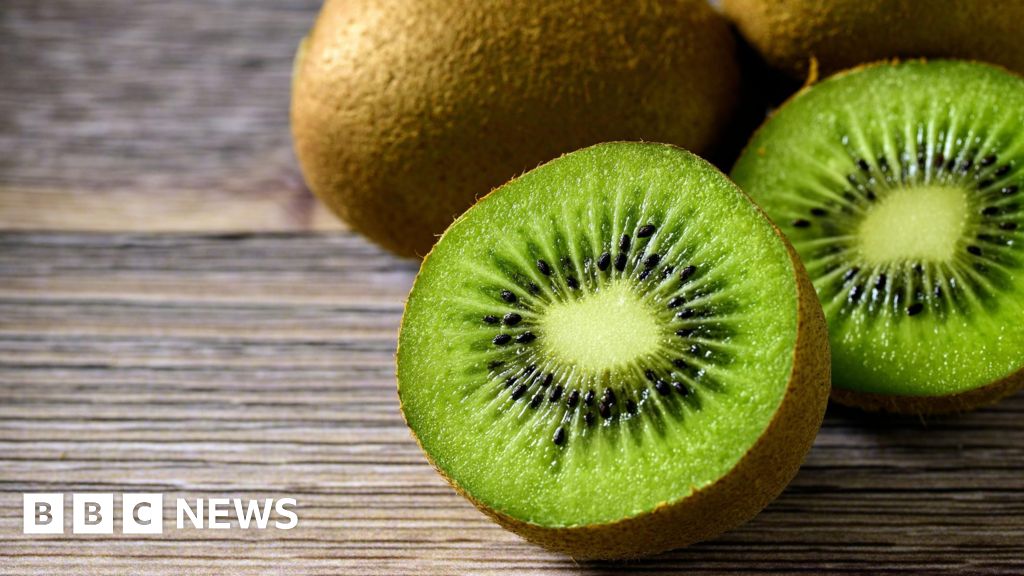
Kiwis and mineral water can cut constipation, says new guidance
Eating several kiwi fruit a day can help relieve constipation and is a better starting point than worrying about a high-fibre diet, according to new guidance for doctors on the condition.
The advice says drinking water high in minerals is better for constipation than tap water, and magnesium oxide supplements are good for improving symptoms.
Researchers from King’s College London, who produced the guidance by examining all available evidence, said there are many more options for getting things moving than the standard advice to “just have more fibre in your diet”.
Constipation that doesn’t go away affects one in 10 people and can have a major impact on someone’s quality of life.
You are constipated if you haven’t had a bowel motion (poo) at least three times during the last week, or you’re going less often than usual, says the NHS.
Straining on the loo or feeling like you haven’t fully emptied your bowels may also be signs of constipation – but these aren’t the only ones.
“People can report up to 30 different symptoms of constipation,” says Dr Eirini Dimidi, lead study author and reader in nutritional sciences at King’s College London (KCL).
The new guidance suggests the best remedy is to focus on fruit and drinks first, rather than worrying about the latest probiotic in the supermarket or packing your diet full of different kinds of fibre, she says.
Dr Dimidi recommends eating two or three kiwis throughout the day or 8-10 prunes to improve constipation.
Skin on or skin off the kiwi?
“Even without the skin, it’s good and contains fibre,” she explains, but adds there’s no harm keeping the skin on either.
The fibre in kiwi fruit affects the gut in a way which increases the volume of stool, which can also induce contractions in the bowel.
“Kiwi also increases water content into the gut which may soften stools,” Dr Dimidi says.
Snacking on 8-10 prunes a day and some rye bread can also have a similar effect.
Mineral water “is better than tap water” to drink, she says, although bottled water in the UK is lower in minerals than water available elsewhere, such as eastern Europe.
The crucial mineral is magnesium, which has a laxative effect. And that’s why taking magnesium oxide supplements was found to have lots of benefits, according to the research.
These included reducing lower tummy pain, bloating, straining – and making it easier to poo.
Regarding probiotics, the guidelines suggest some types can improve some symptoms but there is also a lack of research on the impact of many different probiotic strains.
Up until now, guidance for doctors treating patients with constipation has been limited and outdated, and focused on advice to increase dietary fibre and water intake, say the researchers.
The new recommendations are based on evidence from 75 clinical trials – all those available – which have been analysed by a panel of experts.
Prof Kevin Whelan, senior research author and professor of dietetics at KCL, said the new guidance “marks a promising step towards empowering health professionals and their patients to manage constipation through diet”.
He said this meant people suffering from constipation could now access up-to-date advice to help improve their symptoms, wellbeing and quality of life.
The British Dietetic Association, which funded the project to produce the new guidelines, said they were an excellent resource for dietitians, doctors and nurses, and supported “a more diet-focused and evidence-based approach to the management of chronic constipation”.
The research and the new guidelines are published in the Journal of Human Nutrition & Dietetics.
First Appeared on
Source link






